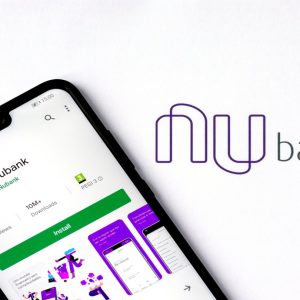
As the rate of technology innovation accelerates, automating business processes using AI is a critical requirement. To meet the expectations of both customers and employees, Mastercard today expanded a suite of AI solutions with a new program to build and deploy knowledge agent tools.
The first application launched under this effort is a digital assistant designed to simplify the customer onboarding process, allowing customers to extend new ways to pay faster and more efficiently.
Built in collaboration with Databricks
Mastercard’s new in-house capability was built in collaboration with Databricks on its Data Intelligence Platform. With core functionalities like a chat-based assistant user interface, source management and learning with human feedback, the program ensures that new knowledge agents are continuously trained on Mastercard’s trusted, proprietary data sets while always operating under the company’s rigorous AI and data governance principles and standards. The effort also removes the friction associated with vetting and procuring third-party solutions, further streamlining operations.
The product onboarding assistant automates routine tasks and answers customer’s critical questions during onboarding by utilizing a large language model with Retrieval Augmented Generation (RAG) and fine-tuning. Using Mastercard’s existing onboarding documentation as its knowledge base, RAG locates the accurate information needed to respond to user prompts.
The tool also employs a human-in-the-loop approach to integrate feedback from subject matter experts, reinforcing continuous learning and ensuring accuracy in the agent’s responses. This is one of many applications Mastercard plans to build on this infrastructure.
Preparing Mastercard for the future
AI, like other advanced technologies, is a critical enabler for Mastercard’s mission to power economies and empower people.
Today, Mastercard is using machine learning models to analyze more than 143 billion transactions a year to identify potential security and cyber threats, helping protect people and businesses. The company also uses AI to provide members of the ecosystem with critical insights and intelligence, and to improve access to credit and financial management, promoting financial inclusion for those with thin or no credit files and to detect potentially compromised cards.






